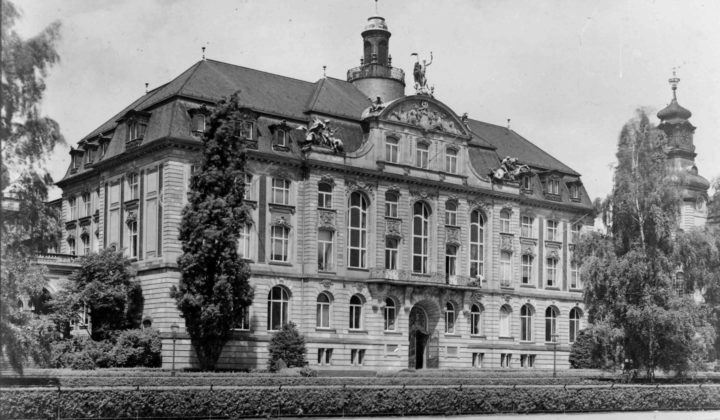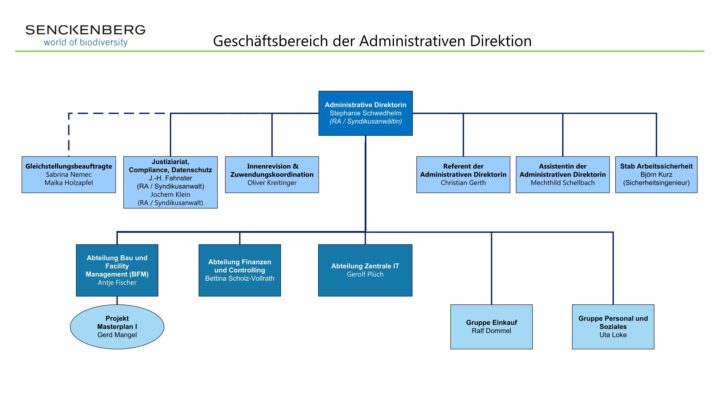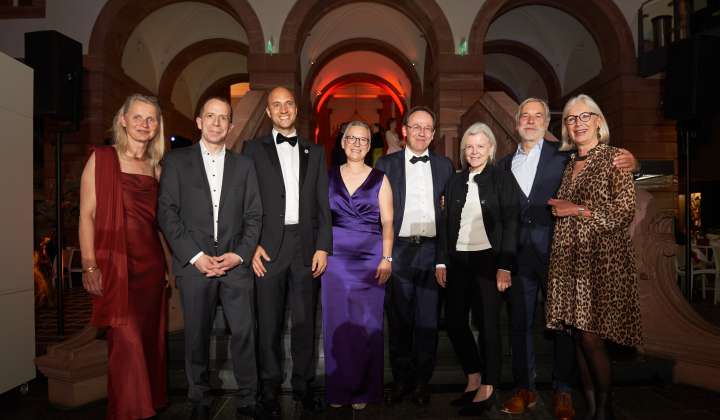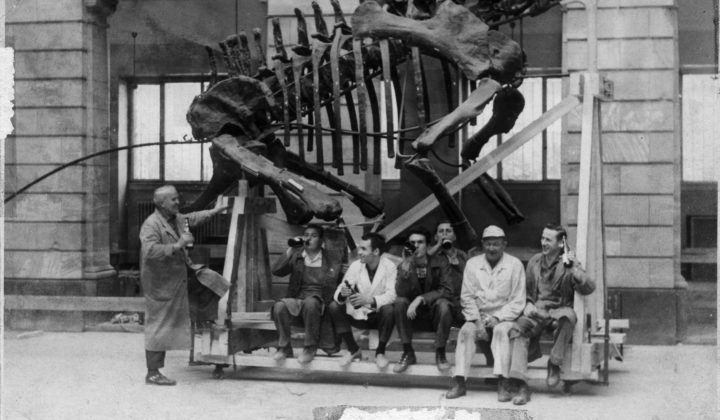
Our Vision
To understand the dynamics of our planet Earth and to guide the human impact on nature toward a sustainable development – these are the central scientific and societal challenges of our time. Against this background, Senckenberg is involved in integrative nature research that focusses on the “Earth-Human” system, and it is among the world’s leading institutions regarding
- the documentation and analysis of biodiversity, its changes, and the associated interactions in the Earth-Human system,
- the dialog with society,
- and the application and development of modern biological, geo-scientific, and socio-ecological research methods.
With our research, our exchange with society, dissemination and application of our research results, and our scientific collections as nature’s archives, we meet our responsibility to contribute toward finding solutions for global future issues.
Multi-faceted synergies between our institutions and our global cooperation partners generate added value for science and society. We continue to further develop our research, transfer and communication competencies, as well as our research infrastructures, our organization, and our administration.
As a dialog partner in societal, economic, and political decision-making processes, we make an internationally visible contribution toward the sustainable development of the “Earth-Human” system’s future. We provide the scientific basis for societal decisions and create an awareness for the importance of nature for us humans.
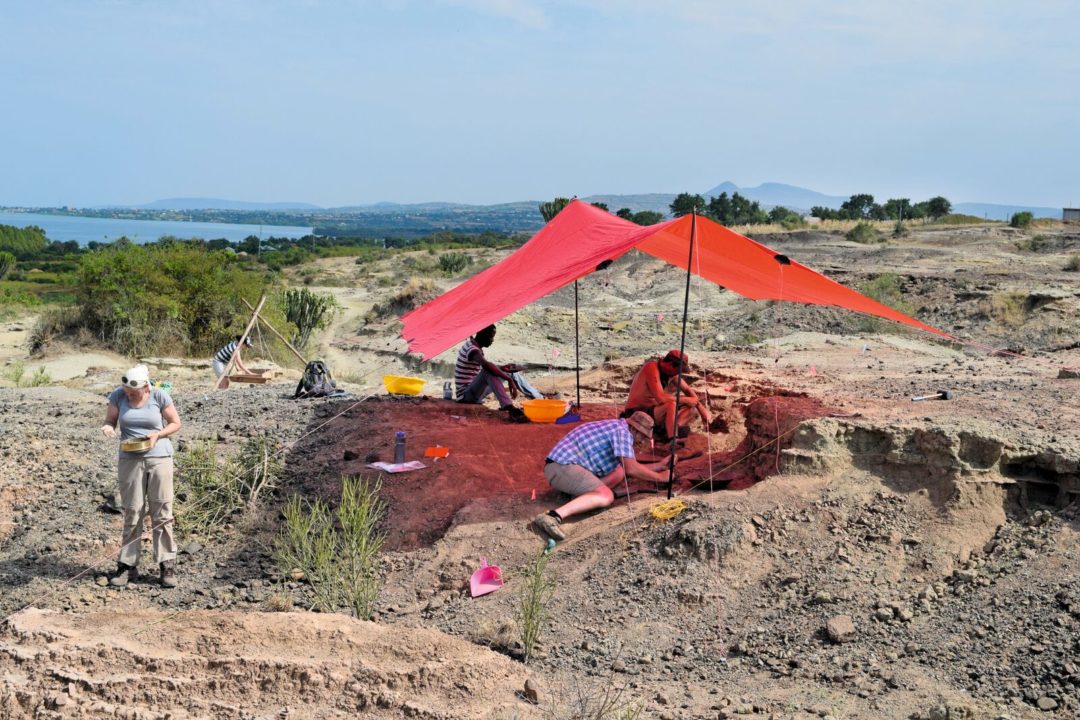
Our Mission
Guided by curiosity and responsibility we document and analyze Earth system dynamics with a focus on biodiversity to benefit science and society.
We study the breathtaking diversity and the fascinating relationships between our planet’s animate and inanimate nature in an effort to understand it, to become aware of its significance for humanity, and to develop strategies for a sustainable coexistence of humans and nature.
We deposit and study the research objects gathered from nature in our scientific archives, where we store them for future generations. Thus, we preserve and develop our collections, which are among the most extensive in the world, both as a research basis and an irreplaceable world heritage.
We develop our museums into open, extracurricular places of learning and platforms for a democratic dialog, and we communicate our findings through the exchange with the scientific community as well as society. We are involved in the education and training of the new generation and create the conditions that allow our results to be used in practical applications.
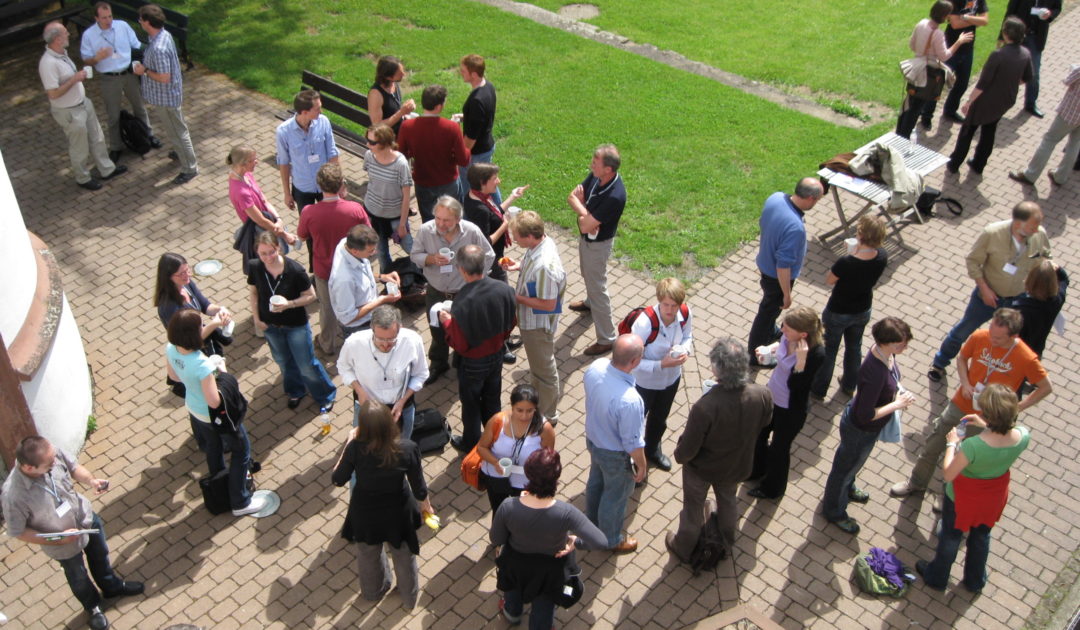
Our culture
At Senckenberg, collegiality and mutual respect form the basis of our work.
Curiosity, creativity, cooperation, and responsibility
Curiosity, creativity, cooperation, and responsibility are the motivation and basis of all scientific work. We make our scientific findings available for the benefit of society, and we view our museums as platforms for dialog and participation.
Quality
We strive for excellence in science and communication of knowledge, and we strictly adhere to the rules of good scientific practice and proper science communication.
Appreciation
All employees contribute to our joint success with their individual personalities and by fulfilling their tasks at Senckenberg.
Trust
Trust is the basis for collegial and successful cooperation.
Diversity and Respect
We appreciate the diversity of opinions and personalities regardless of sex and gender identity, age, origin, educational background, religion, and culture. We are connected by the enjoyment of our work for Senckenberg and the respect for our colleagues with their wide range of personal circumstances.
Social Interaction
Senckenberg stands for gender equality, equal opportunities, integration and inclusion, as well as the compatibility of family and career. Our internal communication is characterized by openness, transparency, and appreciation.
Sustainability
In line with our research mission, we strive for sustainability in all of our actions. Our understanding of sustainability aims at the long-term preservation of our natural, social, and economic resources in the interest of current and future generations.
